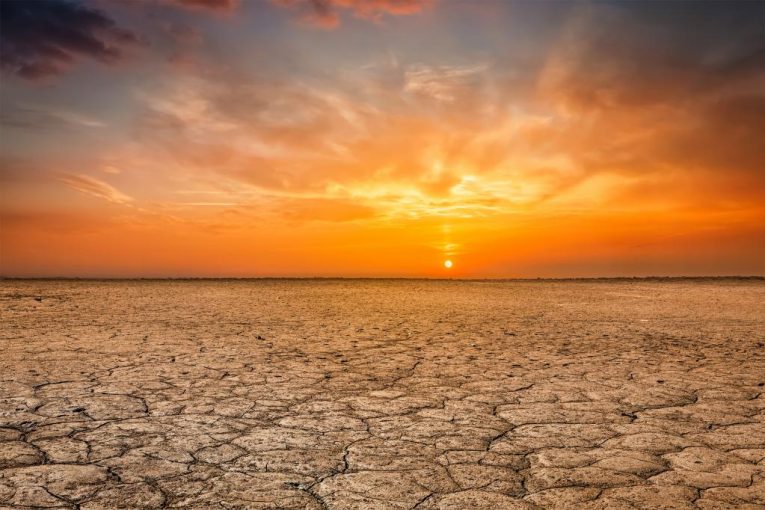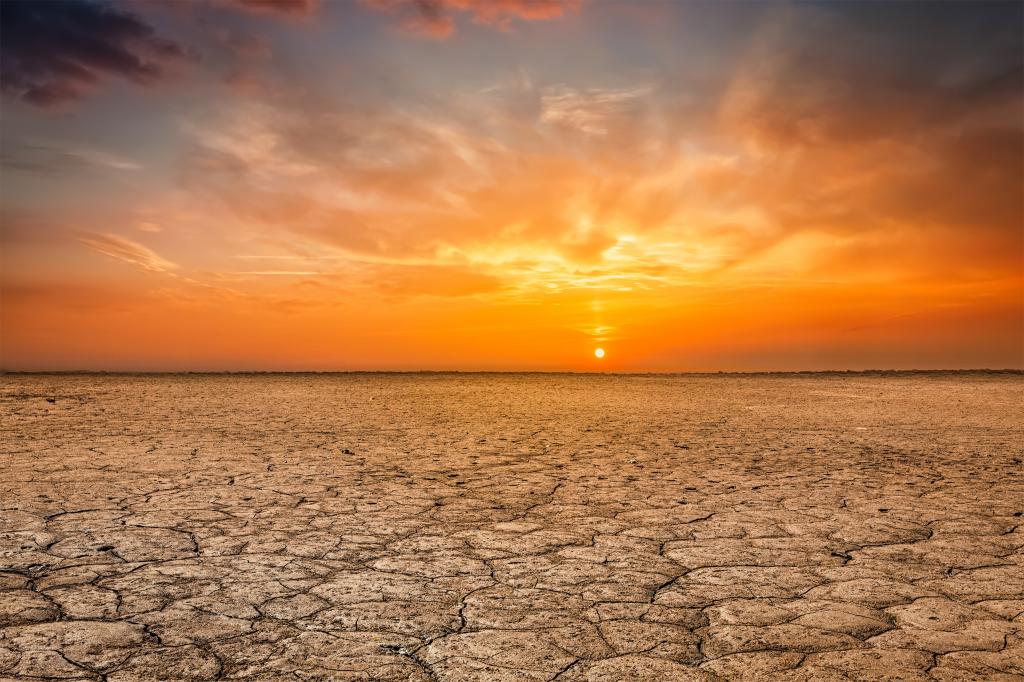

By Vanguard Staff
Sacramento, CA – After months of work to determine solutions that would enhance the state’s ability to meet the challenges of climate change, adaptation, and resiliency through an equitable lens, Senate leaders introduced legislation that would enhance zero carbon goals but meet the needs of working Californians through the Clean Energy, Jobs, and Affordability Act of 2022.
“The climate crisis isn’t something we can wait to address – it is here. Over the last six months, we have worked diligently with dozens of impacted communities and stakeholders to determine what they need and what we need to do to help California move forward with our environmental goals in a comprehensive and equitable way,” said Pro Tem Atkins who introduced the legislation along with Senators John Laird, Anna Caballero and Maria Elena Durazo.
Senator Atkins added, “My colleagues and I represent constituents and stakeholders with varying concerns, and we brought all of those issues to the forefront as we worked on this bill, which would balance those needs, enhance our climate goals, protect workers, and ensure California continues to be a climate leader.”
SB 1020 would establish auxiliary goals under the existing SB 100 objective of zero carbon electricity by 2045 in order to bring focus and accountability among the entities responsible for meeting those goals. In conjunction with the clarification and enhancement of these goals, the act will establish a new state agency regarding clean energy and provide funding for home infrastructure upgrades to ensure equitable impacts regionally and socioeconomically.
“The Senate Workgroup on Climate has worked collaboratively to find common ground on impactful climate solutions, so we can truly focus on the work that must be done to address the looming peril of climate change,” said Senator Laird. “As someone who represents so much of California’s coast, it’s apparent that sea level rise and ocean acidification are already impacting infrastructure and ocean ecology. Severe water shortages from drought also weigh heavily on our most vulnerable communities.”
The Clean Energy, Jobs, and Affordability Act of 2022 would put into statute the following requirements:
- Add a 90 percent zero carbon electric sector target for 2035 and a 95 percent target by 2040 to the current SB 100 framework.
o The two largest publicly-owned utilities – Los Angeles Department of Water and Power and Sacramento Municipal Utility District – have committed to achieve the SB 100 targets early.
- Require all state agencies to purchase 100 percent zero carbon electricity to serve their own needs by 2030.
- Establish the Climate and Equity Trust Fund.
o The fund, which would be separate from the state budget to ensure the integrity of funds deposited into the account, would be responsible for receiving funds from the federal government, state legislative appropriations, mitigation fees, noncompliance penalties, the Greenhouse Gas Reduction fund, and other sources identified by the Legislature.
o Trust funds could be used for costs included in retail electricity rates, including: public purpose programs (including customer discounts for lower-income Californians), decarbonization programs, transportation and building electrification initiatives, wildfire mitigation costs, and energy resources subsidies.
- Establish the California Affordable Decarbonization Authority (CADA) to administer the Trust Fund, which would be a nonprofit public benefit corporation with a board appointed by the Governor and Legislature.
- Authorize the California Public Utility Commission (CPUC) and California Energy Commission (CEC) to disclose confidential information to the California Independent System Operator (CAISO).
“Working people in this state need to know that their families will be supported as we face the different challenges caused by climate change. Ensuring future generations will be better protected from the ravages of climate change is vital for our state and nation,” said Senator Caballero. “By working together, my colleagues and I are bringing forward innovative, thoughtful, and commonsense steps for all Californians to help our state meet our climate goals.”
By establishing the Climate Equity Trust and providing funding for home infrastructure upgrades, SB 1020 would reduce electricity rates for lower income Californians and establish a long-term mechanism to channel funding to offset costs otherwise collected in electricity rates but unrelated to the provision of basic service. This approach is consistent with recommendations public utility oversight stakeholders included in a September 2021 report to Governor Newsom. The Trust also would help provide one-time funding for infrastructure upgrades to single-family homes and multi-family housing, including cooling and heating insulation, window replacement, solar, and more, benefitting both homeowners and renters.
“Working families need immediate and long term relief from the impacts of climate change – from the costs of transitioning our carbon economy and from the impacts of dirtier air and extreme temperatures,” said Senator Durazo. “The vulnerable, impacted communities in my district and around the state remain at the center of the conversation on climate change solutions and impacts. SB 1020 fortifies a path for California to meet its climate change mitigation goals, while also strengthening a commitment its efforts are done equitably to fortify the right for all Californians to live a healthy and full life for this and future generations.”
The Senate Climate Workgroup met with representatives from labor, energy, business, local government, environmental nonprofit organizations, and environmental justice groups starting in December 2021. The workgroup is focused on addressing how to transition California from fossil fuels, increase labor and career training, further green the energy grid, and bolster climate adaptation and resiliency efforts.
Senate Democrats also will be working closely with the Newsom Administration and the Assembly regarding budget priorities focused on climate response efforts, as well as climate change focused bills that are already underway in the legislative process.

Reading this why do I get the feeling that it’s nothing more than wealth redistribution in the name of climate change?
It sounds like a press release, more than an analysis.
By the way, when are the governor’s $400 checks going out, for each motor vehicle owned (up to 2 each)? 🙂
What a pandering dufus this governor is.
One thing about the $400 per vehicle checks I’ve wondered about.
Why are electric vehicle owners getting them?
This is supposed to relieve the costs of gas and gas taxes, something electric vehicle owners don’t pay in the first place.
I think CA should stop charging the gas tax for a period of time instead of sending out checks.
As far as when the checks are coming I’ll bet Democrats will try and time it so we get the checks right before the midterms.
There isn’t one thing that makes sense about it.
He’s “rewarding” (primarily) motor vehicle ownership, while simultaneously claiming to be concerned about greenhouse gasses.
As far as electric vehicles go, I wasn’t aware that they’re included. But it’s certainly a minority. At some point, they’re going to have to figure out a way to maintain funding for roads, if gas (and its associated tax) is phased-out.
I do believe that the primary goal of what the governor continues to propose is more of a way to curry political support (and redistribute wealth, as you pointed out).
As far as the larger (climate) goals, I’ll believe it when I see it. Or more accurately, as I see it from the window of my (by-then) half-century old motor vehicle. Hopefully, receiving a few more $400 checks along the way. Or perhaps from the view of my kitchen, with its half-century old gas stove (and furnace).
Can you imagine the cost, if the government tries to subsidize the replacement for all of these things? (That is, when they’re not handing out $400 checks for owing them?)
And have they truly analyzed the impact on the climate (and environment at large), regarding replacing items that haven’t reached the end of their useful lives?
Reminds me of the “cash for clunkers” program a few years back. Did that save the climate (and environment)?
Given that most of our wealth is created by the community and family in which we grew up, and many of us live in communities that have been forcibly repressed by others, wealth redistribution to give those who have been repressed a better chance at a better life. Meritocracy is largely a myth that has perpetuated segregation. It’s time for a new paradigm–even the Trumpsters agree.
I also see that some here have drunk the Kool Aid from Michael Moore’s nuclear-industry funded documentary. We are destined to approach 10 billion people on the planet and there’s little that we can do about that except accelerate the education of women. So we need to plan for how to accommodate a growing population with the solutions that we have available.
The rebate is an excellent proposal because is compensates for higher costs without lowering the price of gasoline which would encourage more driving. Suspending the gas tax is a very bad idea because it would increase driving which both exacerbated climate change and increases gas prices. Much of that tax suspension would just end up back in the oil companies’ pockets.
Boy you guys went immediately way off topic
Our comments were on topic and we post under our real names.
Are you saying that others, inc. Craig Ross, are not posting under their real names?
Simple “yes” or “no” will suffice…
As to “on topic”, that is a matter of opinion, not fact, one way or the other… however, it does appear that folk are playing with the rudder, and the conversation may well go adrift… if it hasn’t already…
Given that most of our wealth is created by the community and family in which we grew up, and many of us live in communities that have been forcibly repressed by others, wealth redistribution to give those who have been repressed a better chance at a better life. Meritocracy is largely a myth that has perpetuated segregation. It’s time for a new paradigm–even the Trumpsters agree.
I also see that some here have drunk the Kool Aid from Michael Moore’s nuclear-industry funded documentary. We are destined to approach 10 billion people on the planet and there’s little that we can do about that except accelerate the education of women. So we need to plan for how to accommodate a growing population with the solutions that we have available.
Wow.
Evidence regarding that funding?
Elon Musk says that there are “not enough people”. (Presumably, to build his spaceship to Mars, and then populate that planet with whatever “elites” can afford that trip.)
https://www.usatoday.com/story/money/business/2021/12/07/elon-musk-declining-birthrate-threatens-human-civilization/6414749001/
By the way, if Mike Tyson or Will Smith are sitting next to you in first class seating to Mars as part of the “elite” (moneyed class), I’d advise you to not antagonize them.
But if you disagree with Elon, I’m sorry that you think that “educating women” is the only “solution”. Sounds like you don’t have much regard for women.
And as far as transitioning to 100% renewable electricity, I’ll believe that when I see it, as well. They can’t even do so at CURRENT usage levels, let-alone when demand is significantly and artificially increased on a vast scale.
Even after the clear-cutting of trees in cities, vast solar arrays in sensitive desert habitats or on productive farmland, and the devastating impacts of mining and greenhouse-generating activities to manufacture and maintain these new technologies.
Watch this, if you haven’t already:
https://www.youtube.com/watch?v=Zk11vI-7czE
It seems like the goal of some folks is to keep cramming more people onto the planet, while simultaneously forcing them to live in a somewhat-less impactful way – at enormous cost. Ultimately, resulting in a “wash”, at best. Hard for me to get excited about that goal.
In the meantime, I’ll be waiting for my $400 check for the old gas-guzzler.